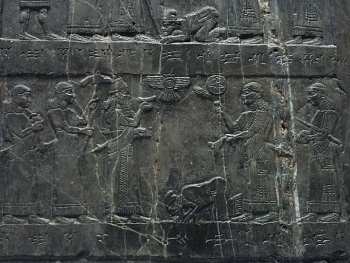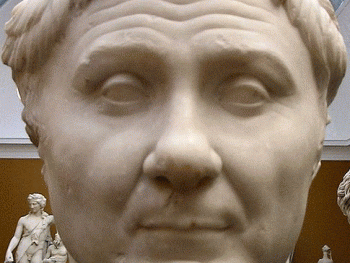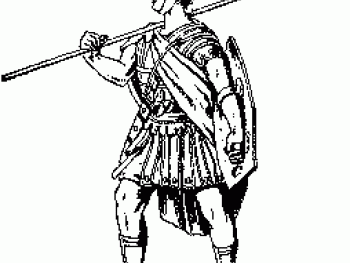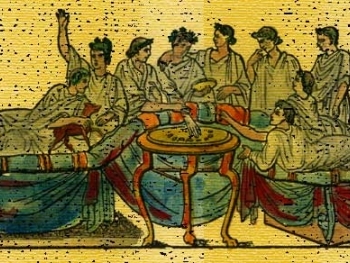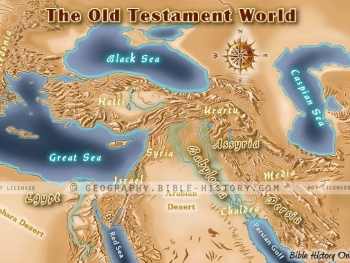The Battle of Thermopylae stands as one of the most iconic and consequential battles in ancient Greek history. Fought in 480 BCE between an alliance of Greek city-states led by King Leonidas I of Sparta and the Persian Empire under King Xerxes I, this clash of civilizations left a profound impact on the course of history.
- The Persian Invasion: In the early 5th century BCE, the Persian Empire, under the command of King Xerxes I, sought to expand its dominion by invading Greece. Xerxes amassed a vast army, estimated to be hundreds of thousands strong, and launched a campaign to subjugate the Greek city-states. The Persians aimed to control strategic locations and secure their hold on the region.
- The Greek Defense: As news of the Persian invasion reached Greece, an alliance of Greek city-states united to resist the Persian forces. King Leonidas I of Sparta led a contingent of approximately 7,000 hoplites, elite Spartan warriors, to defend the narrow pass of Thermopylae. The Greeks strategically chose this location, where the mountainous terrain and the sea restricted the Persian army's mobility.
- The Stand at the Hot Gates: The Battle of Thermopylae unfolded at the "Hot Gates," the narrow pass along the east coast of central Greece. The Greeks, utilizing their superior hoplite infantry tactics, held off the Persian onslaught for several days, inflicting heavy casualties on the Persian forces. King Leonidas and his Spartan warriors displayed extraordinary bravery and skill, fighting to the death to defend their homeland.
- The Betrayal and Sacrifice: Despite the Greek resistance, a local resident named Ephialtes betrayed the Greeks by revealing a mountain path that led behind the Greek lines. This allowed the Persians to outflank and surround the Greeks. Realizing the dire situation, King Leonidas ordered most of the Greek army to retreat while he and a small contingent of Spartans, Thespians, and Thebans stayed behind to cover their escape.
- The Symbolic Victory and Lasting Legacy: While the Greeks ultimately suffered defeat at Thermopylae, their valiant stand against the overwhelming Persian forces became an enduring symbol of Greek heroism and resistance. The battle showcased the Spartan warrior ethos and the willingness to sacrifice for freedom and honor. It also bought crucial time for the Greek city-states to regroup and strategize, ultimately leading to their victory against the Persians in subsequent battles, such as the Battle of Plataea.
The Battle of Thermopylae, with its heroic resistance and ultimate sacrifice, exemplifies the spirit and resilience of the ancient Greeks. Although the battle resulted in a Persian victory, it served as a rallying cry for Greek unity and galvanized their determination to defend their homeland. The significance of Thermopylae extends far beyond its military outcome, inspiring generations to come and leaving an indelible mark on the annals of ancient Greek history.


